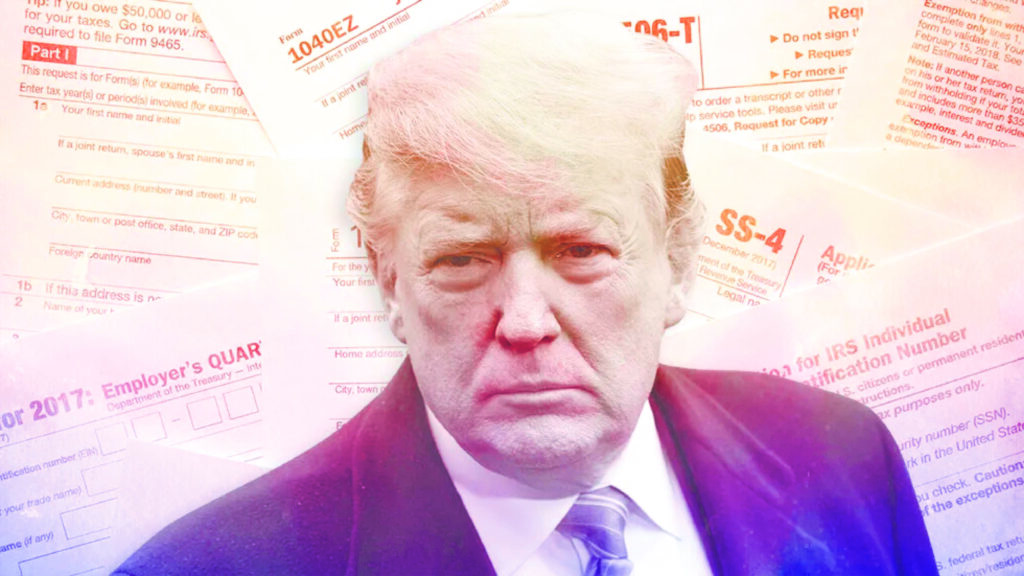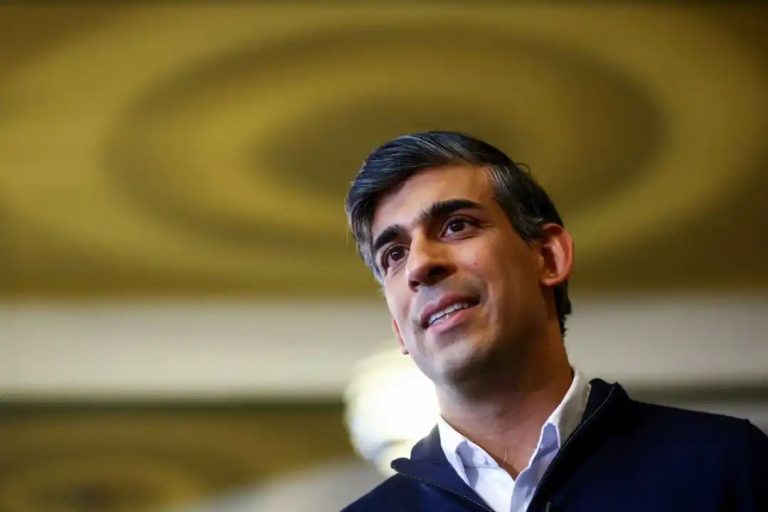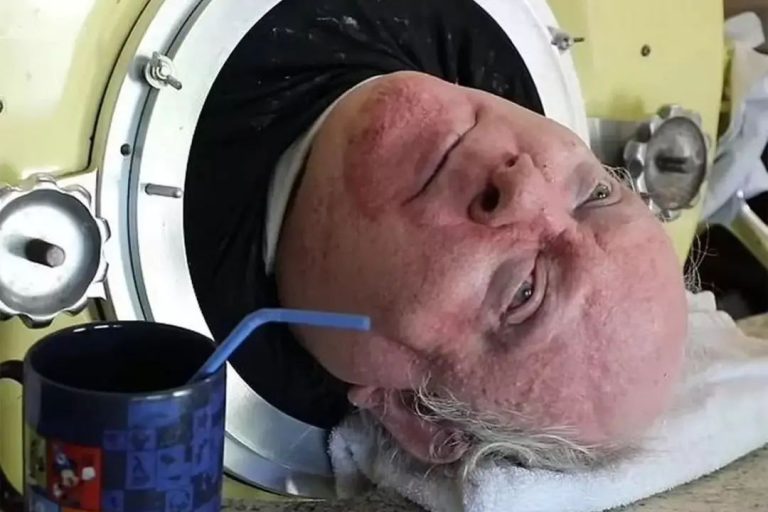Trump convicted in all 34 charges; His Presidential Aspirations in Question
Following a New York jury’s verdict, former President Donald Trump has been convicted on all 34 felony charges of falsifying business records, raising significant questions about his future political endeavors and voting rights, CNN reported.
As the verdict reverberates across political circles, a crucial question emerges: Can a convicted felon run for president? The answer is unequivocally yes.
The US Constitution specifies three requirements for presidential candidates: natural-born citizenship, a minimum age of 35, and at least 14 years of US residency—all of which Trump fulfills. While the 14th Amendment restricts individuals involved in insurrection, enforcing this would require Congress to invoke a special law, which is improbable in the current political landscape, according to CNN.
Judge Juan Merchan has scheduled Trump’s sentencing for July 11, strategically close to the Republican National Convention’s start in Milwaukee just four days later. There is speculation about a possible prison sentence for Trump, though CNN senior legal analyst Elie Honig suggests that most Class E felony convictions in New York do not typically result in incarceration.
Notably, as a former president, Trump is entitled to lifetime Secret Service protection, ensuring his security regardless of his legal situation.
Running a presidential campaign from a prison cell is not without precedent. In 1920, socialist leader Eugene Debs ran for president from a federal prison in Atlanta while serving a 10-year sentence for sedition.
While Trump remains eligible to run for president, questions about his voting rights post-conviction persist. State regulations govern felons’ voting privileges, with Vermont and Maine allowing voting from prison.
Trump’s residency in Florida adds complexity, as the state’s 2018 referendum to re-enfranchise convicted felons includes stipulations requiring the payment of fines and fees related to their sentences.
Neil Volz, deputy director of the Florida Rights Restoration Coalition, anticipates some obstacles to restoring Trump’s voting rights, given Florida’s deference to the jurisdiction of felony convictions. However, ongoing efforts to streamline eligibility confirmation for formerly incarcerated individuals are still hindered by confusion over fee requirements, preventing many from voting, CNN reported.





